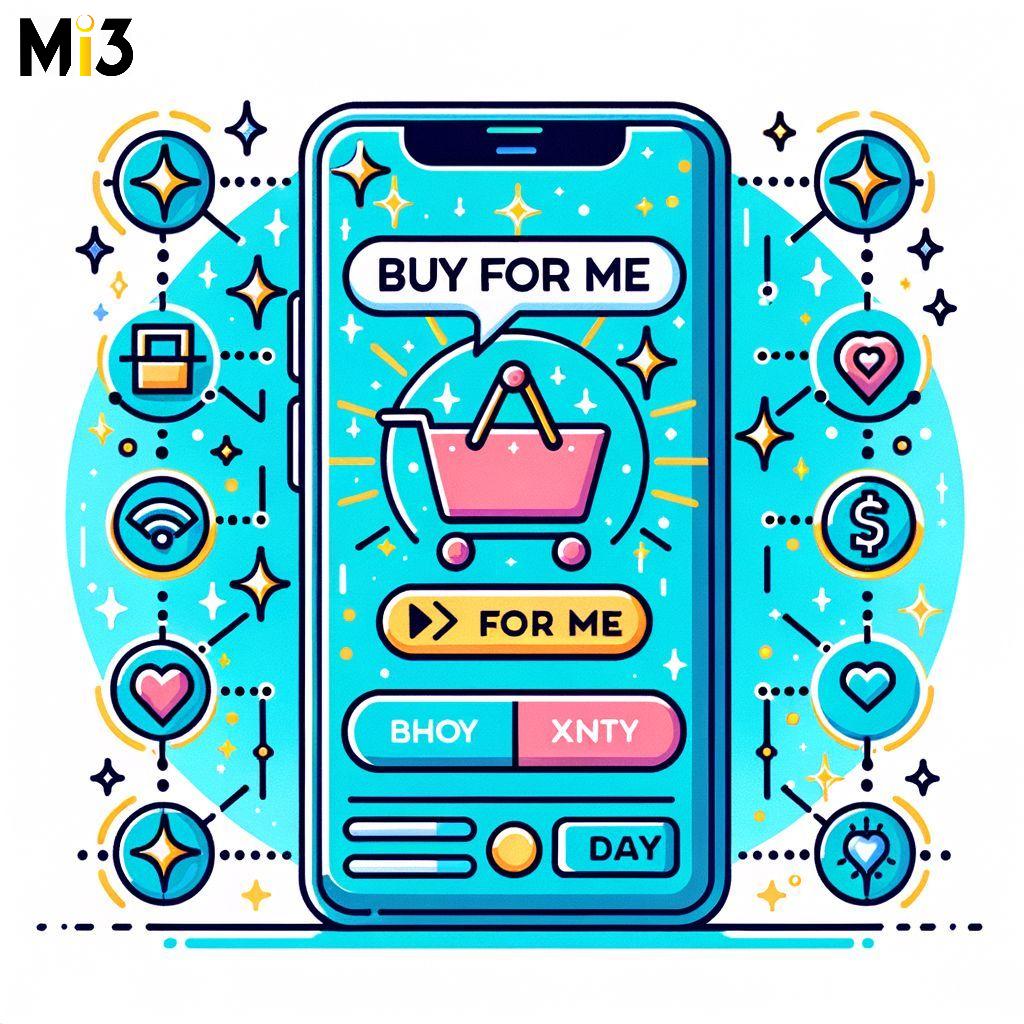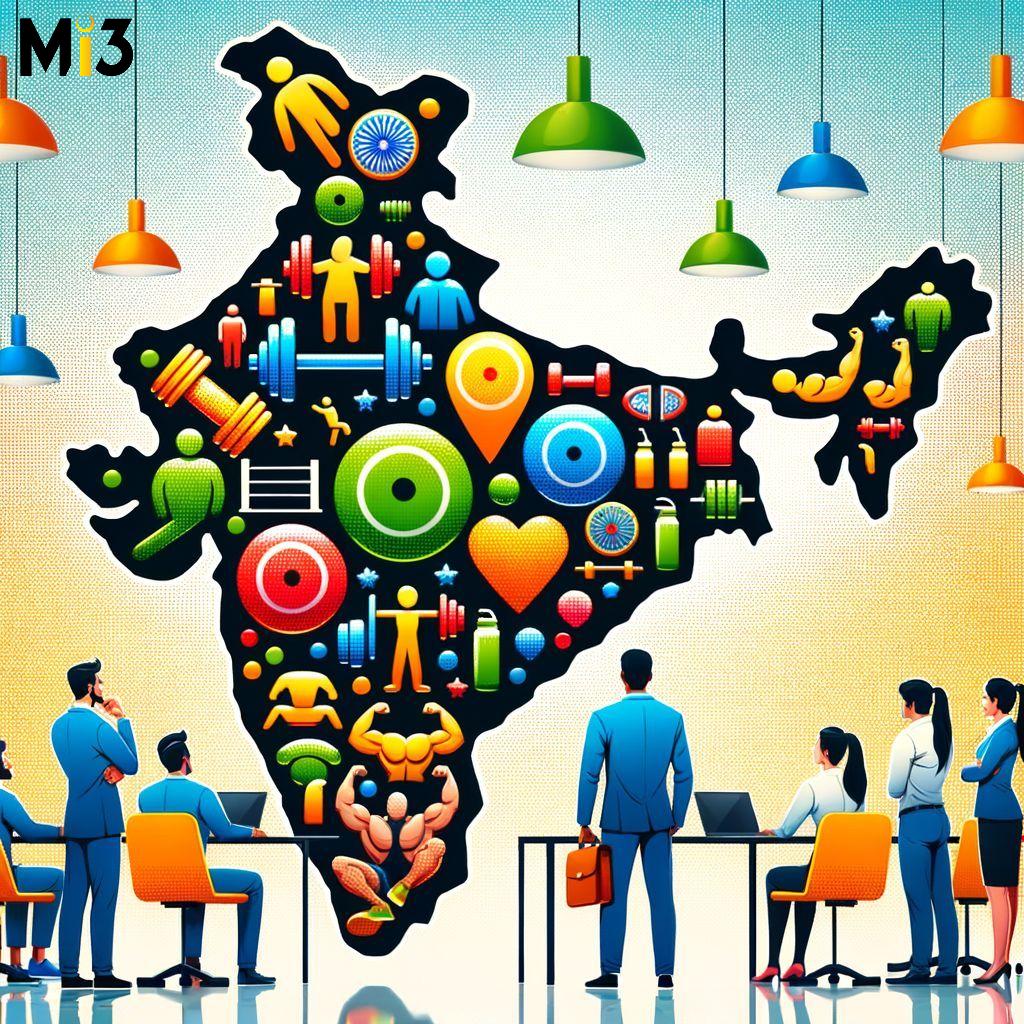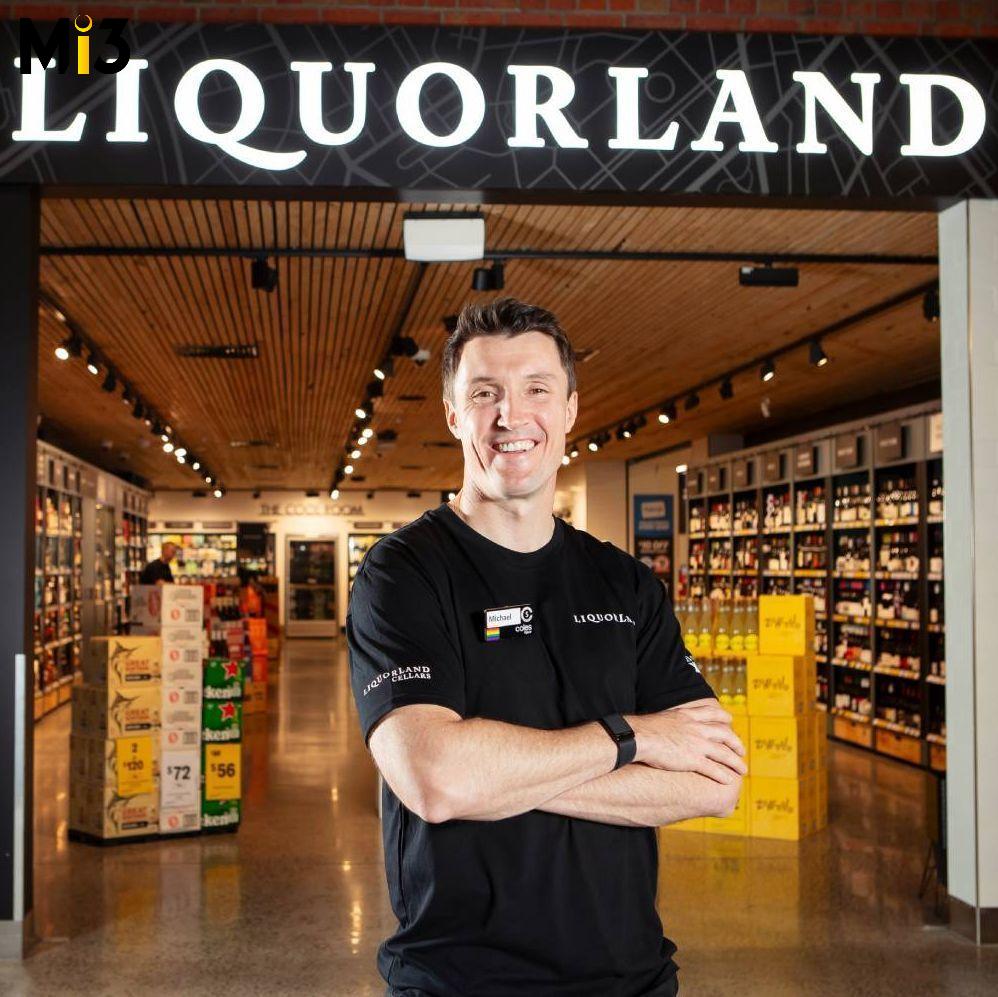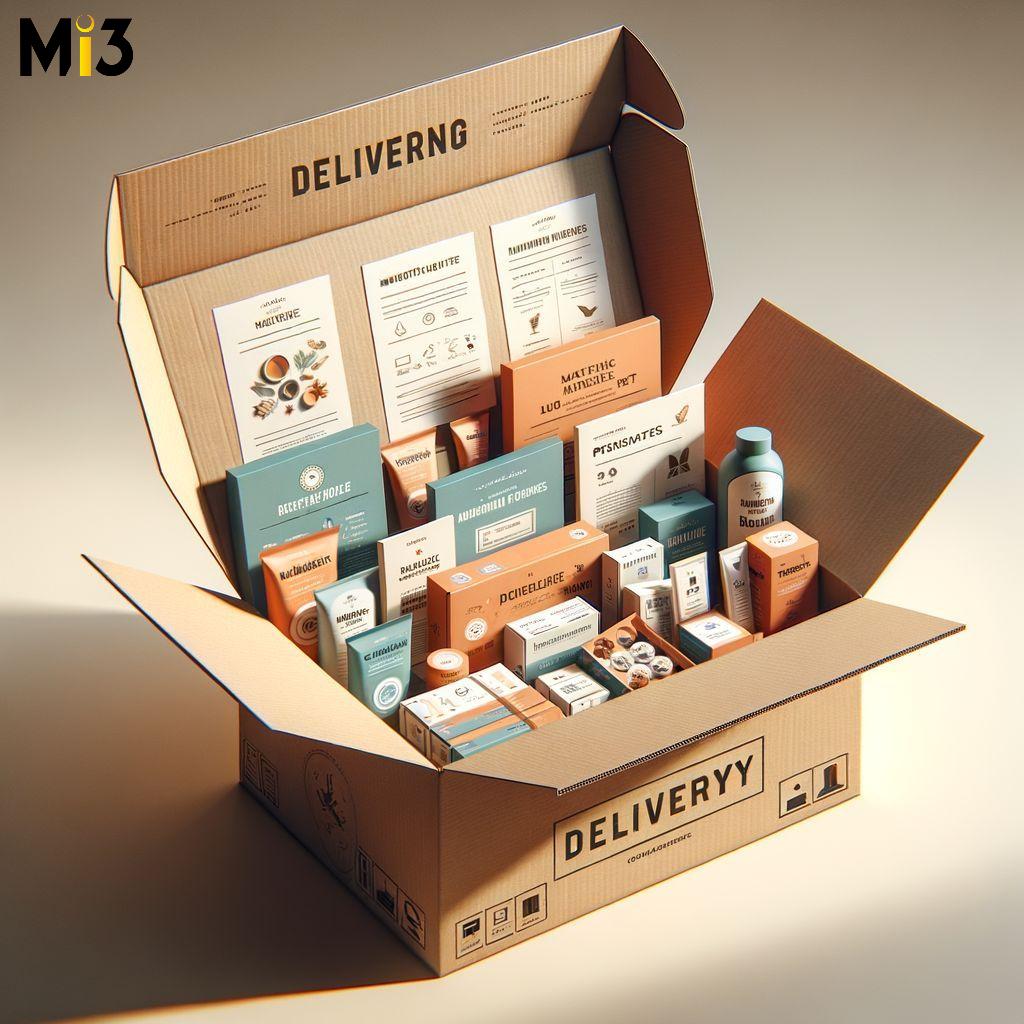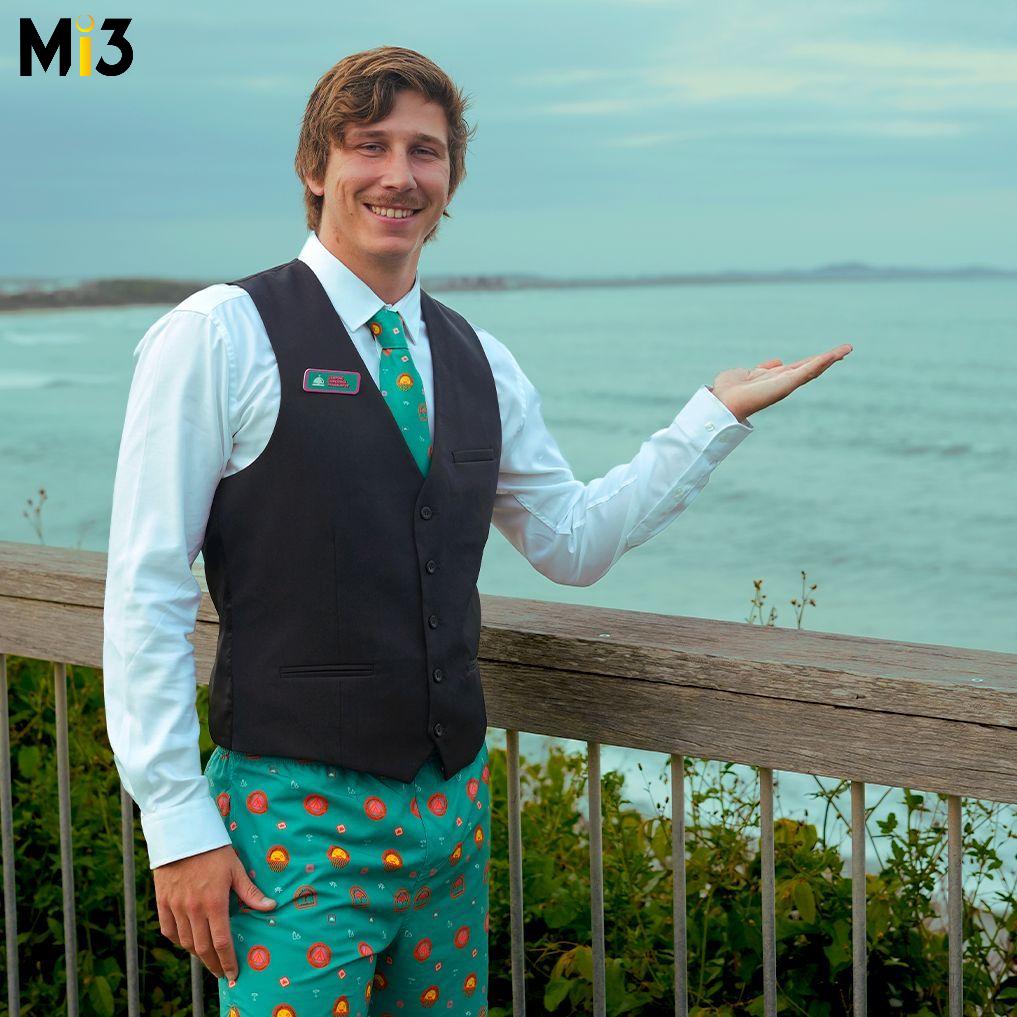Amazon is testing a new agentic AI powered feature in its Amazon Shopping app, enabling customers to buy from other brand retailer websites when items are not available on Amazon itself.
Author: admin
Australia’s Jetts Fitness ventures into India amidst booming fitness market
Australian gym franchise Jetts Fitness is set to expand its footprint into India as part of its international growth strategy. With over 250 gyms worldwide, Jetts Fitness is recognised for its no lock-in contracts, flexible access, and value-for-money membership options.
From mid-level to CMO: Top recruiters on 2025 jobs outlook for marketers – where’s the demand, hot skills now and next, emergent new roles
Recruiters agree the marketing jobs market is turning a corner in 2025 as corporate Australia regears to pursue topline growth. But placing the right candidate is trickier than ever, with CEO whims and understanding making all the difference in who gets picked as CMO and the length of the shortlist, says Perceptor’s Mark O’Connor. The one consistency is that hiring is laser focused on commercial acumen, says O’Connor, with the agreement of Hourigan’s Stuart Tucker and Hire Aspirations’ Andy Rouse. Competition for jobs isn’t slowing down either, especially across senior roles or brand-oriented jobs. Further down the marketing hierarchy, there’s more buoyancy, although one recruiter says it’s still “a shit show” for candidates given the choice employers have. What’s also evident is the rate of rapid change in skills required, particularly around martech and AI – and there are a slew of incoming new job roles.
Coles Liquor Group unifies brands under Liquorland in major overhaul
Coles Liquor Group has confirmed plans to consolidate its retail brands under the Liquorland banner, following a successful trial. This strategic move will see Vintage Cellars and First Choice Liquor Market retired and brands and rebadged as Liquorland, creating a unified national presence across 984 stores.
The Iconic expands in-package advertising opportunities via Source Partnerships
The Iconic has expanded its partnership with Source Partnerships to enhance in-package advertising strategies, providing brands with targeted marketing opportunities.
Caravan and Camping Industry Association NSW campaign aims to ease hotel-to-camping transition
The Caravan and Camping Industry Association NSW (CCIA), has teamed up with WiredCo. on a new campaign aimed at promoting camping in New South Wales to those usually more inclined to be found inside a hotel.
Tech companies lead LinkedIn’s 2025 top companies list for career growth in Australia
LinkedIn has unveiled its 2025 Top Companies list for Australia, spotlighting the best workplaces for career advancement. ServiceNow leads the list, followed by Atlassian. The only non-tech company to make the top five was Commonwealth Bank, ranking third and followed by Amazon and Oracle.
More than half of Australians use digital tools for health tracking, finds Woolworths’ Healthylife
More than half of Australians are now using digital tools to monitor their health metrics, including food intake, steps, and sleep patterns, according to the latest Living Healthier Report. This report, now in its fourth edition, is produced by Woolworths Group’s Healthylife platform.
“24 brands to one voice”: Sinch CMO Jonathan Bean explains how brand bloat risked crushing growth—and how smart consolidation saved it
At one point, Jonathan Bean had 24 brands and a single, burning question: Why didn’t anyone know who Sinch was? The answer, it turned out, was hiding in the spreadsheet. Just 7 per cent of the company’s total marketing investment was going toward the Sinch brand. The other 93 per cent was sliced across more than two dozen legacy acquisitions, regional holdouts, and marketing hangovers from another era. That’s when the penny dropped for Bean, Sinch’s global CMO. What followed is part-brand surgery, part-political tightrope — and a cautionary tale for martech firms still clinging to their M&A souvenirs. Because consolidating 24 brands across three continents, with limited budget, in the middle of a global integration effort? That’s not a rebrand. That’s a master class in renewal.
Jeremy Eaton appointed head of loyalty and acquisition at Adore Beauty
Former Witchery head of digital, Jeremy Eaton has joined Adore Beauty as Head of Loyalty and Acquisition on a 12-month contract.

